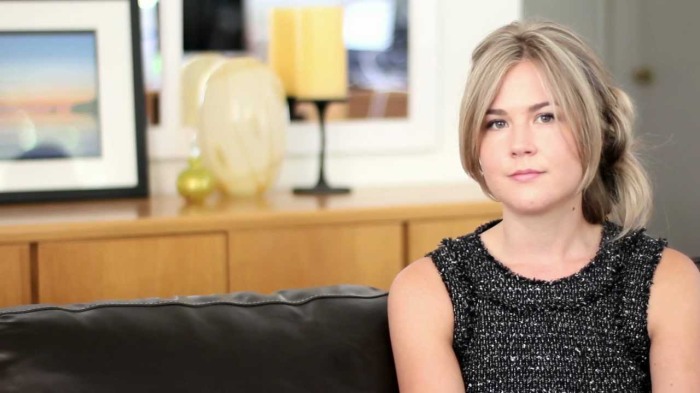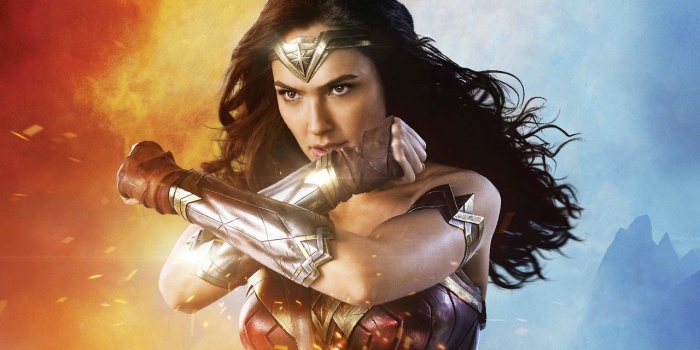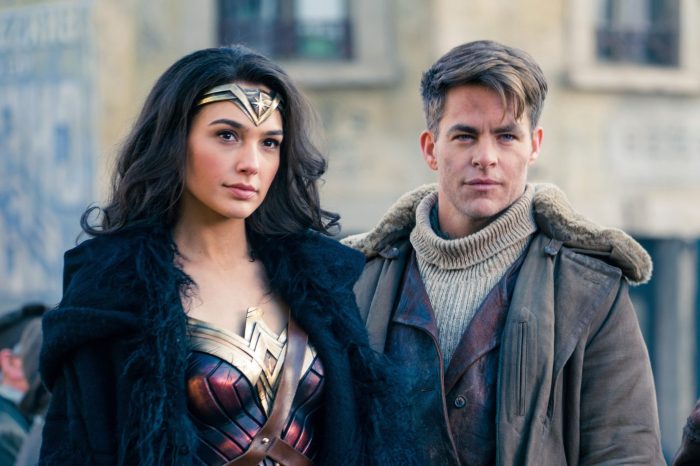
I went into The Red Pill, a documentary on the Men’s Right’s Movement directed by self-identifying Feminist Cassie Jaye, fully expecting my eyes to roll right out of the side of my head halfway through as I was largely prepared for the vitriolic, infantile babble that can often be found on Reddit, the comments section of YouTube, Facebook, and elsewhere whenever there is some women only screening of a movie or a female actress cast in a traditionally male role but something odd happened about five minutes in that I did not anticipate and it’s the same thing that seems to have happened to Ms. Jaye herself; I found they were making some interesting and often valid points.
*ducks incoming projectiles*
To be clear, a lot of the metaphors being used by some of the MRAs were inherently flawed, if well-intentioned. The first had to do with lumping all MRAs into the same group being similar to judging a snowdrift by analyzing one individual flake within it. Now. I understand the comparison, there is clearly a broad spectrum within this relatively fringe group and a few of the men interviewed were obviously educated and rational but when they start giving examples of, let’s say, gender inequality within the justice system with regard to custody battles and alimony, they end up using personal and, therefore, anecdotal evidence to describe a very large and complex system (like a snowdrift) that is unarguably flawed. This doesn’t necessarily invalidate their entire argument, as much as it encourages a necessary conversation on how gender biases can create injustices for all parties involved. And this is where Cassie Jaye does the thing that has not, to my knowledge or on a large enough scale, been practiced yet with regard to this movement: she listens. Rather than debate or try to deconstruct the logic of the men (and women) she interviews who identify and support this idea of Men’s Rights, she just sits back and pays attention to what they are trying to say.
Having grown up with Michael Moore’s “documentary” style and The Daily Show since the Kilborn days, I can’t recall the last time I saw a piece on such a controversial and polarizing subject that was not in any way antagonistic or combative. If that’s the one thing that Cassie Jaye does best and most effectively in The Red Pill she also presents an undeniably skewed perspective that heavily favors the MRA side of the discourse. The men and women on the side of the movement are invariably its most grounded, well-spoken, educated supporters whereas the Feminist movement is represented by its most aggressive, shrill, disruptive agitators, the folks that carry signs to speaking engagements and chant ‘fuck this person’ on public streets and pull fire alarms as an act of civil disobedience. And this is an unfair representation of both sides because not all Feminists are total assholes, as the examples shown absolutely are, and not all MRAs are grounded, well-spoken, and educated; a whole lot of them are exactly as misogynistic, vile, and rape culture-y as they are depicted. But the idea that I think Cassie Jaye is trying to get across, and understand herself over the progress of the documentary, is that this concept of ‘sides’ is the first mistake that everyone is making, in particular with regard to Feminism.
At a later point in the documentary, Cassie interviews a woman who identifies as ‘Big Red’ who is, for all intents and purposes, an offensive caricature of an Angry Feminist/Social Justice Warrior come to life, she’s the embodiment of everything that the movements are known and, often, hated for and there’s a good reason for this: she’s a fucking idiot. Big Red is loud and curses a lot and not in a cool way, in a ‘Will you shut the fuck up while I’m talking again for, like, the billion-jillionth time…‘ (actual quote) and refers to the person she’s debating as a ‘dipshit’ among other things. After she tries to make the case that her Feminism is about gender equality across the board, her defense of why women are disproportionately favored in custody battles regardless of extenuating circumstances consists of, essentially, ‘Well, uhm, women have vaginas so, of course, their going to almost always be the more appropriate choice to be the caregiver.” Which is an argument in support of gender roles.
The point that is trying to be made, and something I am 100 percent guilty of contributing to, is that when the phrase Men’s Rights is used it is immediately perceived as being an attack on everyone who is not a man, it has a inherently aggressive connotation, and when I first heard it I thought the same thing as some of the more intelligible Feminists in The Red Pill. I thought, PATRIARCHY, and ‘men make more money than women’, and ‘oh boo hoo men are getting their feelings hurt’. Which is insensitive and reductive. And while I’m not agreeing with the entire premise of the movement itself, I failed to recognize the simple fact that I was perpetuating the ultimate problem behind, well, pretty much everything wrong with humanity; I was refusing to listen first and then formulate a thought. Because the assumption that I was making is that the MRA movement was somehow about fighting back against rights that were being taken away by the Feminist movement. I assumed that it was an attempt to reverse the progress that has been made to get everyone on equal footing and I incorrectly associated internet trolls with an actual message that was trying to be shared.
That message is just this: gender inequality is bad, period. And some times it swings the other way with regard to domestic violence, false paternity, alimony, child custody, and the odd circumstance where women are always evacuated from a sinking ship first. And that while it’s absolutely important to continue trying to advance equality for both genders it’s not exactly fair to say my issues matter and yours do not. Or more accurately as it is almost always phrased, my issues matter so fuck you, you little crybaby for bringing up your own, how dare you complain at all. The Red Pill also does not explore the darker side of the Men’s Rights Movement, the doxxing, the rape and death threats, the truly misogynistic crazies that misappropriate the entire concept who are sincerely afraid some kind of Amazonian Matriarchy is coming for our video games (absolutely fuck Gamergate while we’re on the subject) and if not acknowledging them was a conscious decision to avoid validating that aspect of it, I understand, however in not doing so the documentary fails to be as illuminating as it could have been. Instead, it feels cherry-picked which is not the worst thing considering how polarizing the subject matter is, it’s not meant to be the definitive article on MRA. Rather, it’s an introduction, the beginning of a conversation, one that I’m surprised to be more interested in and much more prepared for, now that I remembered how to stop trying to win every argument and just listen to what the other side has to say, even if, at first glance, they seem like a bunch of nut jobs.


